|
A little over a year ago, we organized our first “official” action, with hundreds of people attending our launch event at a wildlife-themed art show at Black Forge Coffee House. Since then, we have organized and taken part in many events, talked to hundreds of residents, welcomed Portuguese street artist Bordalo II who created a “trash raccoon” structure just for Scrap the Trap at Construction Junction, and have met several times with City of Pittsburgh officials. The trapping situation during that time? If anything it has gotten worse, with social media misinformation exacerbating the problem. Time to review the situation and recap the strategy we have been proposing. What we heave learned: From our various meetings with City of Pittsburgh officials, it seems that the City does acknowledge that it has a wildlife trapping problem. Decades of relying on trapping as the solution to every wildlife-related call from residents has resulted in two things:
There seems to be broad acknowledgement that:
What there doesn’t seem to be agreement on is the need for other measures to be taken if and when trapping is to be eliminated, to make sure that a trapping-free Pittsburgh remains that way. Much as we want to see trapping stopped ASAP, attempting to pass legislation without taking adequate measures first to replace trapping, as some have proposed, would be an exercise in futility. So what should the ideal response be? First off, let’s look at the situations for which people call Animal Control: 1. People who are unwilling to take measures to resolve a problem themselves, or don’t know what measures to take, even though they are potentially able to implement those measures. For example, they haven’t fenced in a vegetable garden, fixed a gap under a porch, don’t store trash correctly, don’t bring in pet food at night… In these cases, it’s time to learn some best practices. Those residents require proactive education on what to do and on why trapping ultimately won’t help them. And in the case of steadfast refusals to keep trash stored away responsibly, for example, then fines should start to be issued. Bad trash habits are a big part of wildlife conflict in Pittsburgh. 2. “Serial trappers.” These are residents who repeatedly trap animals and are well-known to Animal Control. Some of them even set traps in woods and parks, off their own property, although proving that can be difficult. The City should not be pandering to these individuals. We understand concerns that they will “dispose” of the animals themselves if they can’t rely on the City, but taking the wrong action to prevent a worse one isn’t a viable solution in the long-term and only feeds into that practice. Trapping wildlife without a permit, when there is no “nuisance” issue for the resident, is an issue for the Game Commission to handle. 3. Then there is another group: residents who are experiencing wildlife conflict situations beyond their control. It may be because a neighbor is leaving open trash out every day, or due to abandoned houses in the area that haven’t been boarded up, or it may be that they can’t cover the cost of repairs to multiple access points in the exterior of their homes. There are houses in Pittsburgh that are like “Swiss cheeses” for wildlife, with residents endlessly trapping animals without ever resolving the problem, while increasing the disease or injury risk in the process. In this case, we would like to see the City get creative in using some of the funds it would save on widespread trapping to really address the issues in some of the city’s “wildlife hotspots”: Deal with the trash problems; assist residents on low incomes with vegetable plot fence construction (simple and relatively cheap); and also seek federal housing grants, for example, or other measures, to assist residents with vital home repairs that they cannot otherwise afford. A City Wildlife Panel?
Scrap the Trap believes that the City should consult with advocacy groups in the fields of housing and urban agriculture in particular, to find out what measures, in addition to a high-profile communications and education campaign, would be most helpful to residents in keeping wildlife conflict to a minimum. We have suggested that the City create a “wildlife panel” with local wildlife experts and representatives from citizen advocacy groups, to work on these issues in an effective way. In other words, we’re proposing that the City of Pittsburgh engage actively in setting up an infrastructure to efficiently support a phase-out of city-funded wildlife trapping, ultimately reserving the use of city traps strictly for true emergencies (animal in living area of home, animal injured or sick). One year on, another breeding season just starting, hundreds of thousands of city dollars about to be wasted yet again in an inefficient, outdated trapping program. It’s time to start turning the talk into action to the benefit of all residents of the Steel City, both human and wild.
1 Comment
|
Details
Archives
March 2021
Categories |
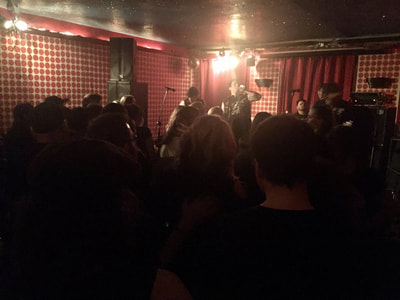
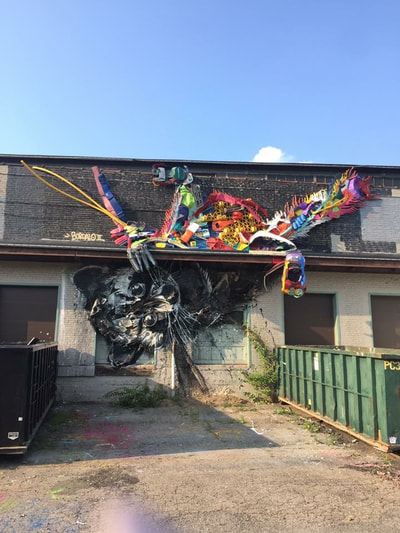
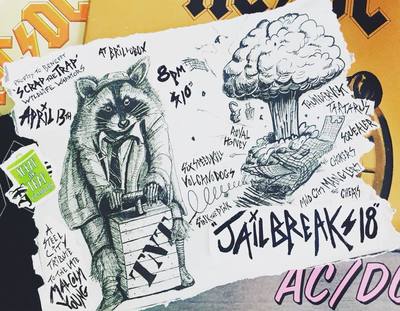

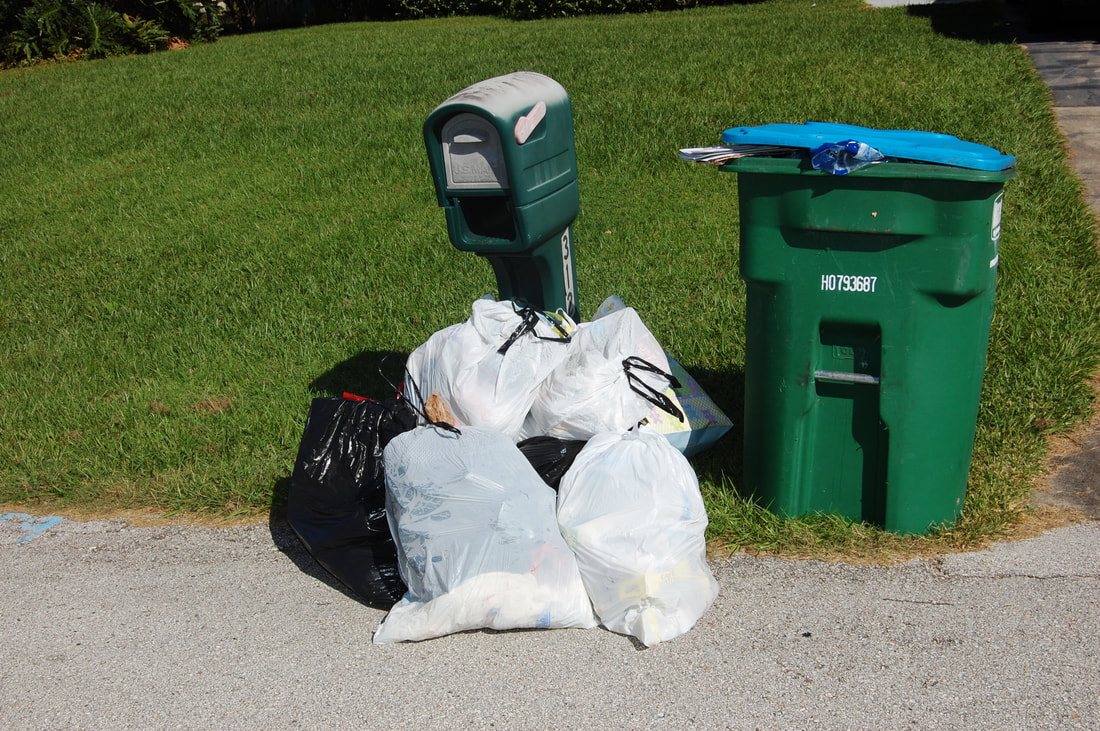
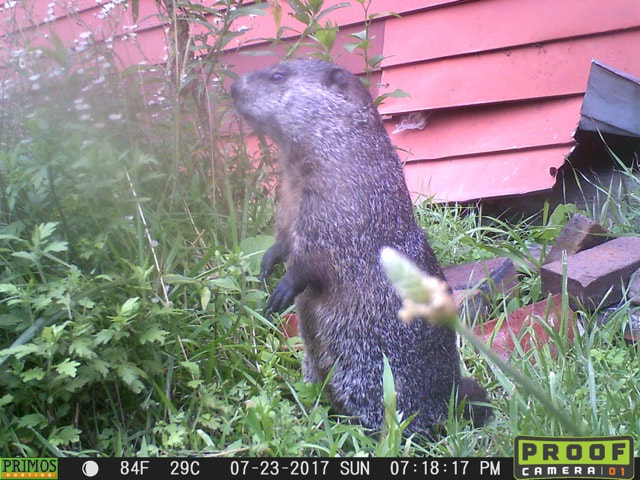
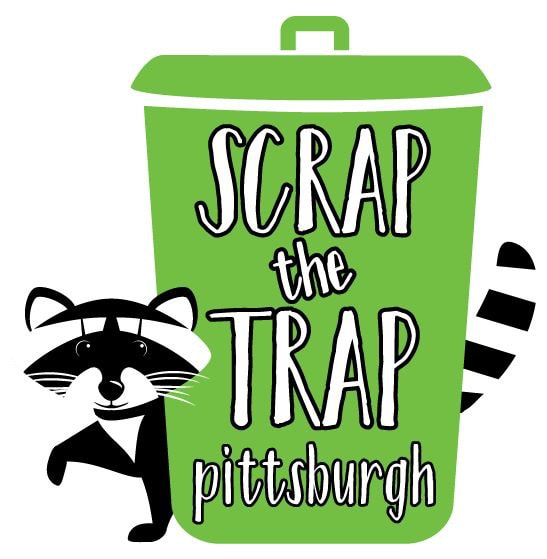
 RSS Feed
RSS Feed